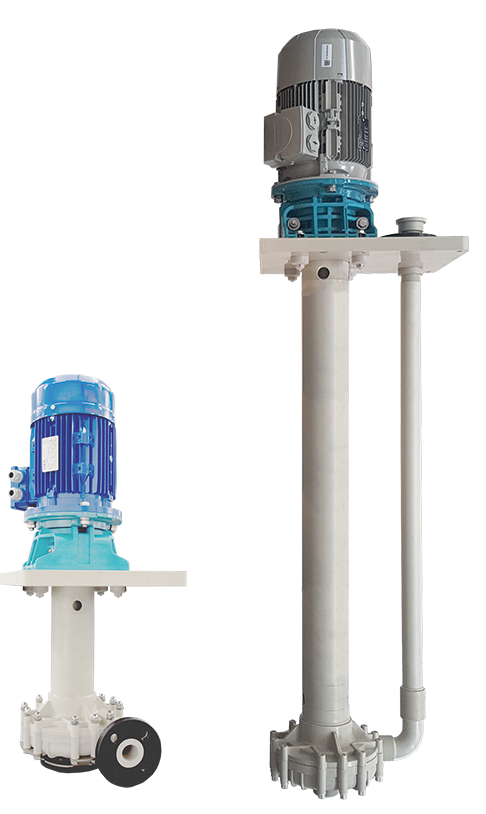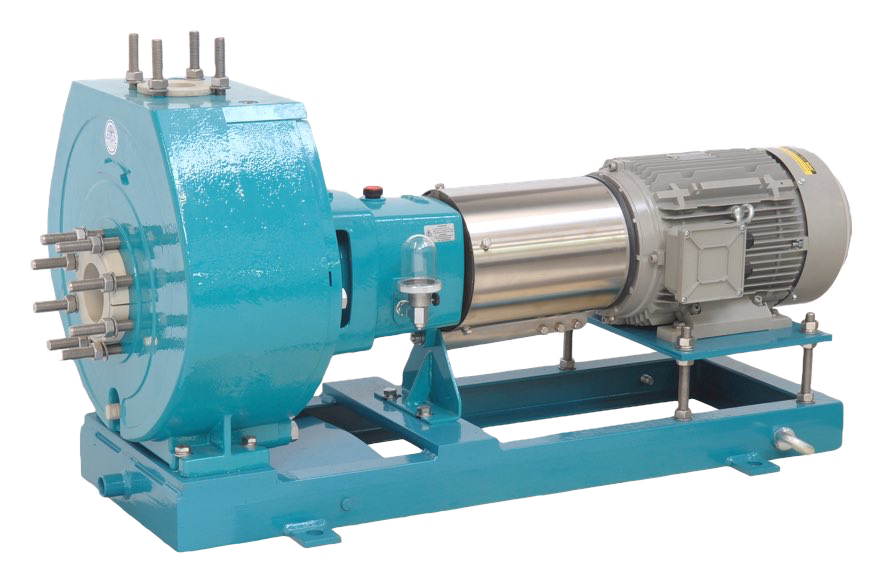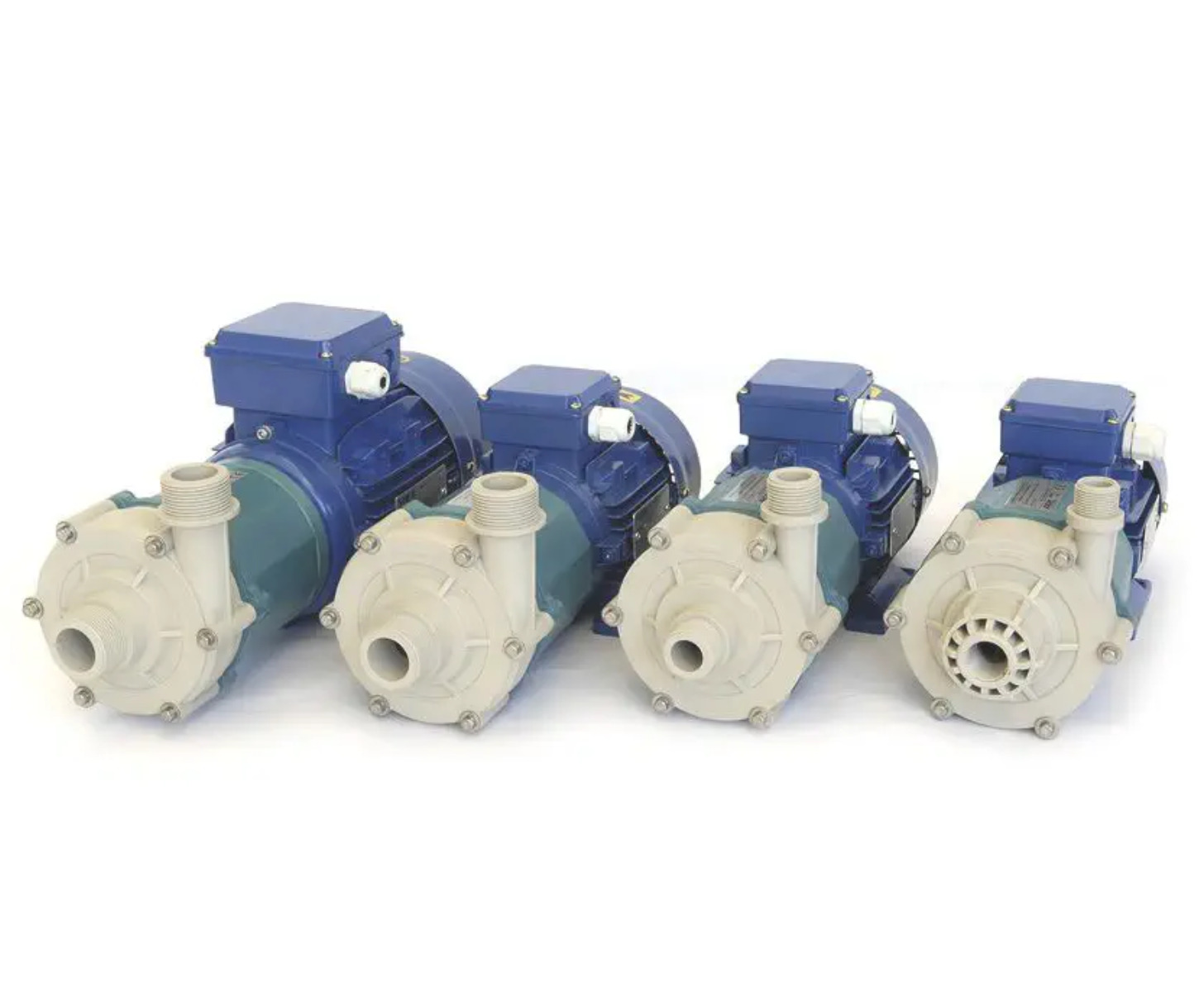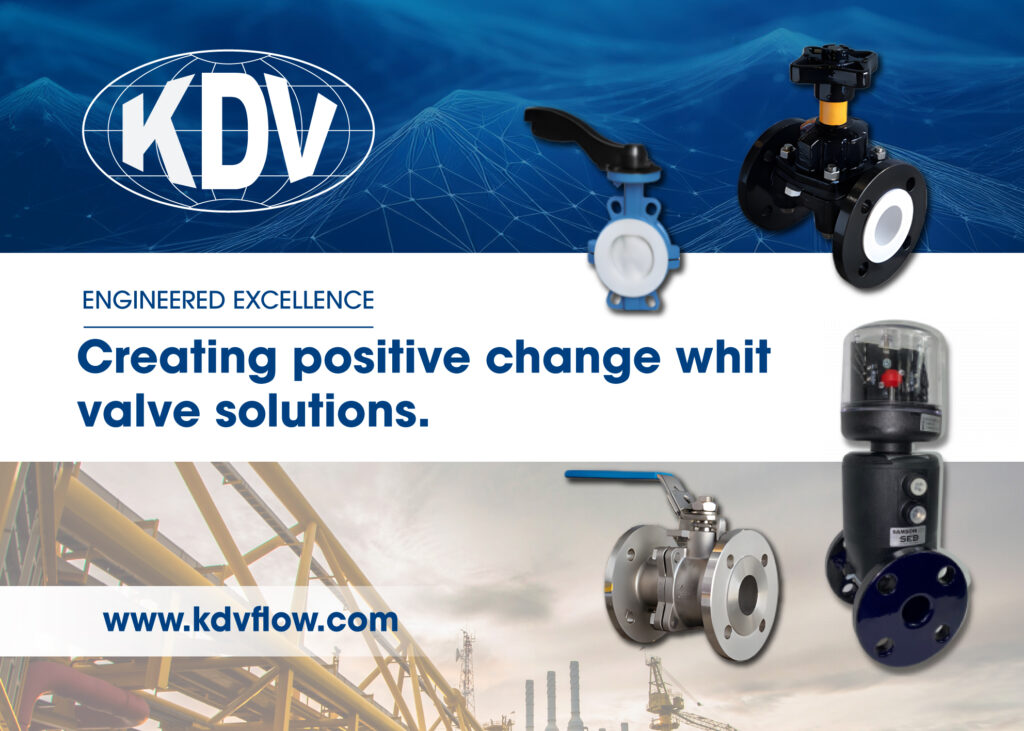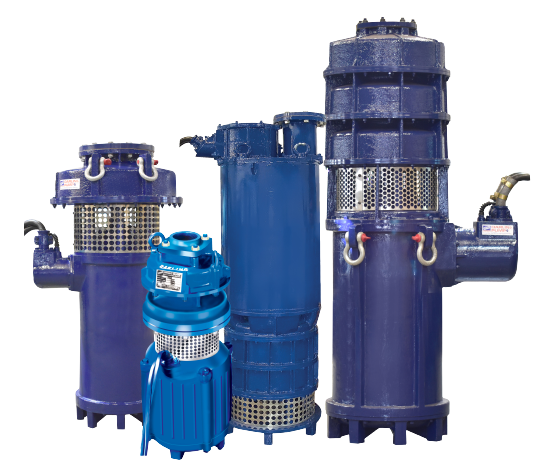Centrifugal Pumps
Centrifugal pumps are essential in fluid handling systems, used to move liquids or slurries through pipelines. They operate by converting rotational energy, typically from an electric motor or engine, into kinetic energy through the pump’s impeller. As the impeller spins, ... Read More
-
Manufacturers
-
Industries
-
Body Material
-
Media
-
Pump Categories
-
Pump Operation
-
Priming
-
No. of Stages
-
Pump Technology
-
Applications
-
Design Standards
-
Country
-
Power Supply
-
Protection Classes
-
 High ChromeHighly AbrasiveSludge
High ChromeHighly AbrasiveSludge4HD Series Pumps

-
 PolypropyleneAirAir
PolypropyleneAirAirAir pump RHINO (TMA G2)

-
 High ChromeHighly AbrasiveSludge
High ChromeHighly AbrasiveSludgeCantilever Series Pump

-
 ChemicalsGas
ChemicalsGasCentrifugal Pump SATURNevo (ZGS | ZMS | ZCS)

-
 PolypropyleneChemicalsChemicals
PolypropyleneChemicalsChemicalsChemical Pump EQUIPRO (KME | HME)

-
 PVDFChemicalsChemicals
PVDFChemicalsChemicalsChemical Pump EUROPA (ZGE)

-
 PolypropyleneChemicalsChemicals
PolypropyleneChemicalsChemicalsChemical Pump PRIMA (TMP)

-
-
 Carbon SteelDewateringHot Water
Carbon SteelDewateringHot WaterClear and Raw Water Pumps

-
 High ChromeHighly AbrasiveSlurry
High ChromeHighly AbrasiveSlurryDredger Series Pump

-
 High ChromeDewateringWater
High ChromeDewateringWaterDS and DJ Series Pumps

Category Description
Centrifugal pumps are essential in fluid handling systems, used to move liquids or slurries through pipelines. They operate by converting rotational energy, typically from an electric motor or engine, into kinetic energy through the pump’s impeller. As the impeller spins, it generates centrifugal force, which pushes the fluid outward, creating flow and pressure. This process makes them ideal for applications requiring continuous flow, such as water supply, irrigation, and chemical processing.
These pumps are efficient and versatile, capable of handling various fluids, including water, oils, and chemicals. Industries like water treatment, oil and gas, and HVAC systems commonly use centrifugal pumps. Available in designs such as single-stage and multi-stage models, these pumps accommodate different flow rates and pressures.
Centrifugal pumps offer several benefits, including simple construction, low maintenance, and the ability to move large volumes of fluid. They work best with low-viscosity fluids and in applications that require consistent flow. In some models, centrifugal pumps are self-priming, enabling them to operate in conditions where other pumps might struggle. Their reliability and efficiency make them a key component in many industrial and commercial settings.






